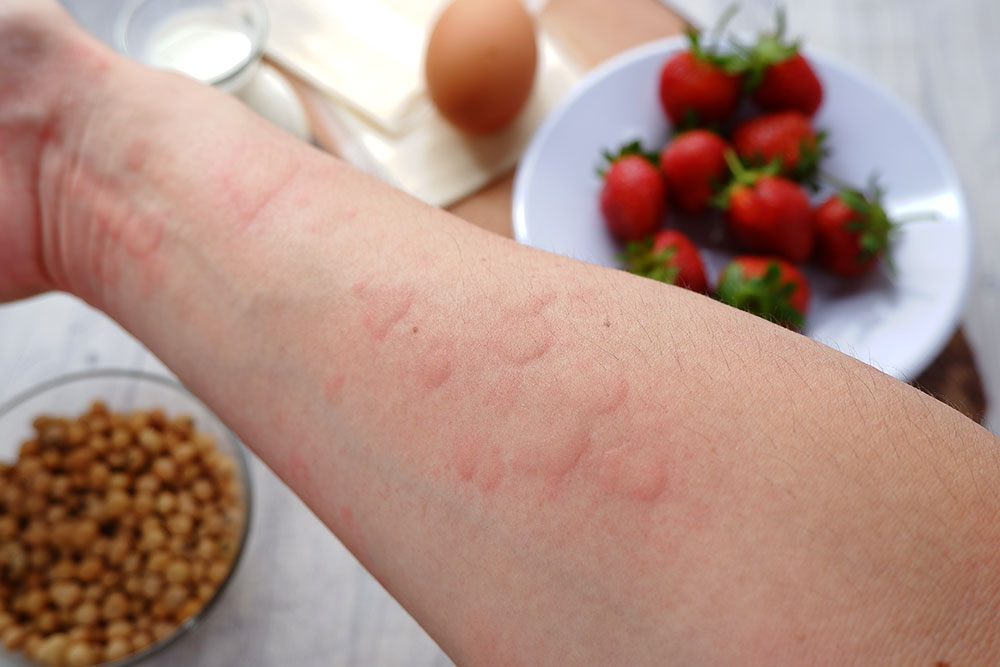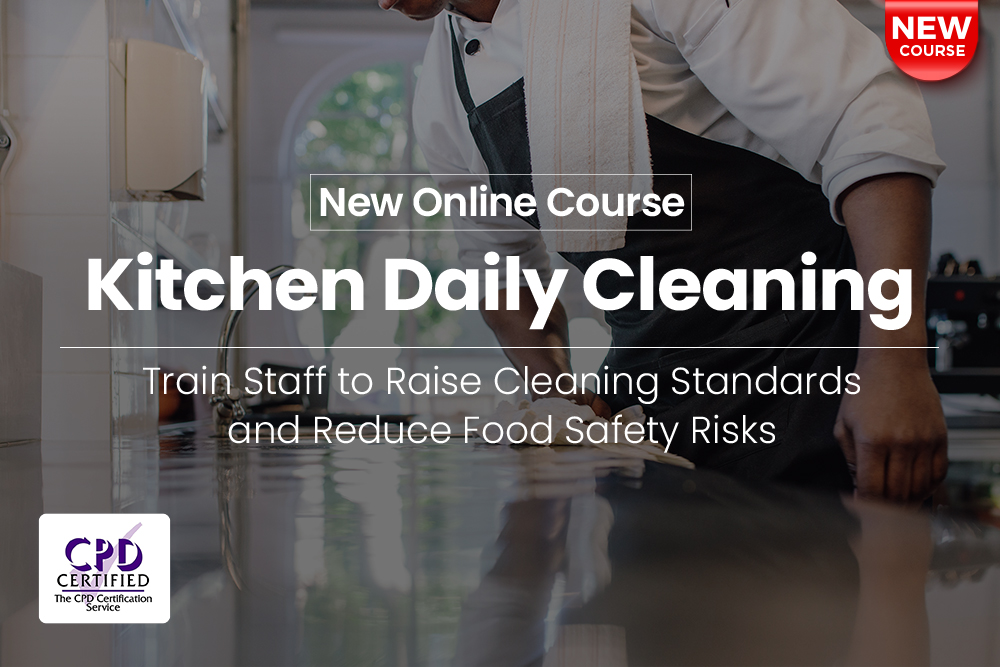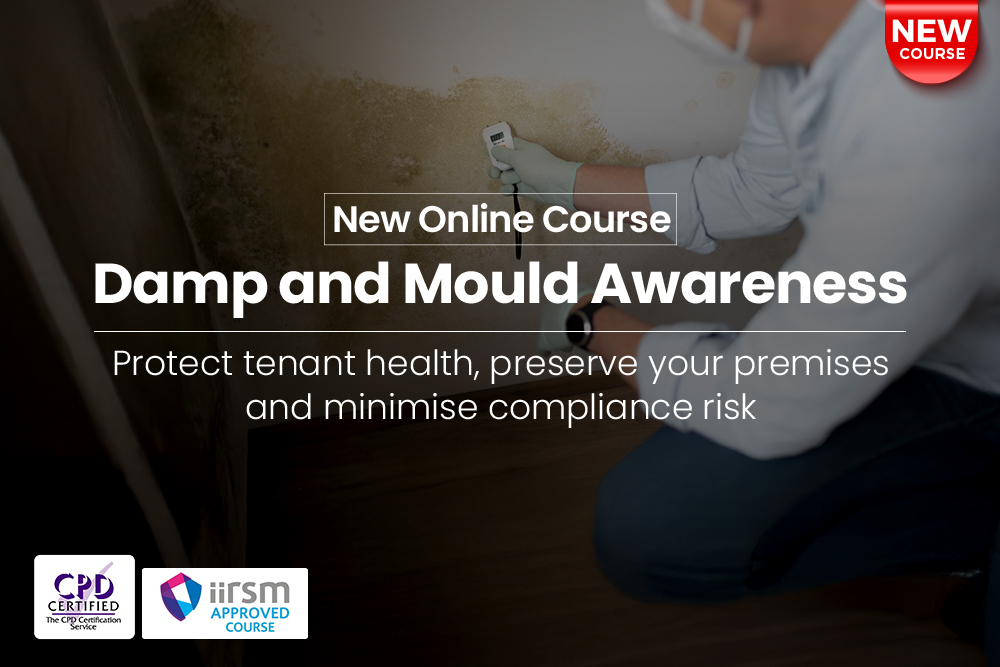
Allergies are growing more common everywhere. But no one can explain precisely why.
Cleaner homes, changing diets, exposure to processed foods or increased awareness are all possible explanations.
But whatever the cause, if you or someone you care about has a food allergy, you need to learn how to live with it.
Our guide will walk you through common food allergies, including treatments and how to spot the severe reactions that require medical attention.
What is a Food Allergy?
Your body’s immune system is programmed to destroy anything inside you it sees as harmful – germs, bacteria or viruses, for example.
But sometimes our bodies get it wrong and our immune system’s protective response is triggered by an innocent food substance. This overreaction is known as an allergic reaction.
It’s not clear exactly what causes a food allergy reaction. Sometimes, a person’s body responds to a food substance as if it were dangerous and doctors aren’t sure why.
This response usually isn’t even noticed the first time it happens. But from then on, your immune system will treat the food as an allergen, meaning any exposure will trigger an allergic reaction.
What Are Allergens?
An allergen is any usually safe substance that triggers an allergic reaction when touched, inhaled or ingested.
Allergens vary, but there are common ones, including:
- Dust
- Pollen
- Pet dander
- Insect bites/stings
- Foods
Almost any food can cause an allergic reaction, but some are much more likely to trigger a response than others. It’s not an exhaustive list, but the most common food allergens are legally recognised by the Food Standards Agency. They must be labelled as such when sold.
The 14 foods that must be labelled as allergens are:
- Celery
- Cereals containing gluten
- Crustaceans (i.e. shellfish such as crabs, prawns and lobsters)
- Eggs
- Fish
- Lupin (a type of legume that’s often used to make flour)
- Milk
- Molluscs (such as mussels or oysters)
- Mustard
- Peanuts
- Sesame
- Soybeans
- Sulphites (when at a concentration above ten parts per million)
- Tree nuts (such as almonds, brazil nuts, cashews, pistachios and walnuts)
What are the Symptoms of a Food Allergy?
Symptoms can vary between patients, but there are some commonly seen food allergy signs:
- Dizziness or feeling lightheaded
- Sneezing/itchy nose
- Runny/congested nose
- Itchy or raised skin (also known as hives)
- Nausea/vomiting
- Stomach pain/cramps
- Diarrhoea
Patients usually experience these indicators soon after eating the food they’re allergic to. Still, it can take days for symptoms to reveal themselves.
There’s no certainty regarding the severity of food allergy symptoms either. Several other factors, including the patient’s age, amount of food eaten, or time to treatment, can make specific reactions more extreme.

Other Possible Conditions
Food allergy symptoms often overlap with those of food intolerance, which can make diagnosis and treatment difficult.
Unlike an allergy, you can probably eat small amounts of the food substance you’re intolerant of without risk of serious harm.
Other common conditions that can be confused with a food allergy include:
- Food poisoning
- Inability to digest a particular food (such as lactose intolerance)
- Celiac disease (sometimes referred to as a gluten allergy)
Anaphylaxis
If someone suffers an extreme allergic reaction, they may enter anaphylaxis. Anaphylaxis is a severe reaction that involves more than one body part and requires immediate medical attention. It can be fatal if it’s not treated quickly. Signs of anaphylaxis include:
- A skin rash that has swollen, blistered or peeling skin
- Tightness in the chest or throat
- Difficulty breathing or talking
- Swelling around the mouth, lips, tongue or throat
If someone shows these symptoms, the medicine epinephrine must be administered urgently.
Doctors can do this if a patient is rushed to a hospital urgently after showing signs of anaphylaxis. But many allergy sufferers carry portable devices (known as epi-pens) capable of administering epinephrine doses immediately.
If anyone suffers from a potentially life-threatening allergy, they should carry two epi-pens. Having duplicate devices is considered safer as it gives two chances for the dose to be administered correctly.
Patients often quickly recover after receiving an epinephrine injection. However, it’s still crucial to contact the emergency services whenever an epi-pen has been used.
What Causes a Food Allergy?
It’s unclear why some people develop food allergies whereas others don’t. Doctors aren’t sure why reported food allergies are increasing, but a few popular theories exist.
You’ve likely heard about the hygiene hypothesis, which claims the increased use of disinfectants and sanitisers prevents children from being exposed to allergens at a young age. This lack of exposure possibly increases the likelihood of developing an allergy later in life.
Although inconclusive, research has suggested several factors that can increase your chances of developing a food allergy.
Risk Factors
Doctors have found a link between these risk factors and an increased likelihood of developing a food allergy:
- Family history of food allergies – You’re more likely to develop a food allergy if your family members also suffer from them
- Existing allergies – Being allergic to one type of food makes it more likely you’ll develop an allergy to other types
- Hay fever – Being allergic to tree and grass pollen can lead to you developing a similar reaction to uncooked fruits and vegetables
- Asthma – Asthma attacks are very similar to allergic reactions and it’s common for people with asthma to also have food allergies
- Age – Younger children are more susceptible to food allergies
New Food Allergies in Adults
Food allergies are more likely to form during early childhood, but you can develop an allergy at any age.
And you can even become allergic to foods you’ve previously enjoyed without any issues.
It’s unknown why you can develop a new allergy at an older age, making it impossible to protect yourself with any certainty.
Theories often link new allergies to hormonal changes that can happen in adulthood, with pregnancy being a good example. Viral infections have also been associated with new allergies, but it’s unclear exactly why.
How do You Test for a Food Allergy?
If you suspect you or a family member suffers from a food allergy, you should see your GP. Your doctor will ask you about your family history, which food you think triggered the reaction and the symptoms you experienced.
You’ll probably be referred to a specialist for further testing, depending on your answers. These tests include:
- Skin-prick tests – You’ll have traces of the suspected allergen placed on your skin to see if it triggers a reaction
- Blood test – A blood sample can often prove any allergies
- Oral food challenge – You may be given a small amount of the potential allergen to eat while under medical supervision, but this method of testing is rare due to the risk involved
Doctors may also ask you to keep a food diary. Recording what you’re eating and when can help narrow down the foods causing the allergic reaction.
Can You Cure a Food Allergy?
There’s no existing cure for food allergies, but people can overcome them as they grow up. Mild cases can also be controlled through the use of medicines known as antihistamines.
However, the best treatment is to entirely avoid the foods you’re allergic to. This can be difficult and often requires considerable forward-thinking, particularly when eating out.
When dining in a restaurant or tucking into a takeaway, it isn’t always apparent if the food substance you’re allergic to has been used as an ingredient or come into contact with the finished dish. Before choosing anything from the menu, you must always talk to staff and explain your food allergies. You should also wipe down surfaces before eating in public.
Can You Prevent Food Allergies?
Studies have suggested that early exposure to common food allergens can limit the likelihood of developing an allergy.
It’s unclear why this method is effective or if it will work for everyone. But one study showed that children introduced to peanuts (one of the most common food allergens) from the age of six months were approximately 80% less likely to develop a nut allergy.
However, you must always be cautious when exposing young children to common food allergens for the first time. Start with a small portion and monitor the child for any potential reaction before offering them the food again. And only introduce one allergen at a time. Otherwise, it might not be clear which food triggered the allergic reaction.
How You Can Protect Allergy Sufferers When Handling, Preparing or Serving Food
If you’re involved in food handling, preparation or selling, you have a moral and legal duty to ensure the foods you serve are safe for everyone. Without accurate ingredient lists or robust preparation procedures, you’re putting allergy sufferers at risk and leaving yourself exposed to legal action.
Our online Food Allergen Training course helps you fulfil your legal duties and give your vulnerable customers peace of mind.
Suitable for anyone who serves, handles or prepares food, you’ll learn the 14 named food allergens, including the guidelines you must follow when working with them. You’ll also learn legal requirements around labelling food allergens and the importance of food hygiene. After completing the course, you can develop an effective food safety management system that complies with legislation and lets you safely cater to food allergy sufferers.
































































































































































































































































































































































































































































































































































































































































































































































